Debunking Myths of Corporate Team-Building Workshops
Whether your team is just starting out or has been working together for a while, corporate team-building workshops are a great opportunity for teams to learn to work together more effectively by providing an opportunity to practice collaboration and problem-solving. In addition, they can also help build trust and foster a more positive team atmosphere.
Yet, there remain some common myths about corporate team building that can potentially tarnish your experience of it. In this article, we will explore some of the most common myths about corporate team-building workshops and see if we can dispel any of them.
Here goes:
Myth #1: Corporate team-building workshops are boring.
In this day and age, nobody is a stranger to team building. Yet, many people find that corporate team-building workshops are boring because they've been to so many to the point where the activities are simply repetitions of the previous sessions to them.
Before long, participants find themselves spacing out and waiting on the clock for the session to end. They end up leaving another team-building workshop without gleaning any valuable insights. This defeats the purpose of the team-building workshop altogether as it does not contribute to better engagement between team members or equip them with any tools to enhance productivity.
Let's give credit where credit is due. Not all team-building workshops are inherently boring. The boredom that participants experience is more of a reflection of how these workshops are designed and delivered.
The next time you're planning for a corporate team-building workshop, don't just do it because you have the budget to spare. What you can do is get your team to voice out any challenges they are facing at work. Let them pitch in ideas about the objectives they hope the next team-building activity meets.
Myth #2: Corporate team-building workshops are just a "fun day out" and nothing more.
You might be aware of this myth being propagated in many workplaces. The reality is that team-building workshops are not just about fun and games. When done right, they can positively impact a company's culture and performance.
It is not just about having a fun day out — it is about creating a shared sense of purpose and unity among your team. The best teams share common goals, values, and beliefs, which can only happen if everyone knows what those things truly mean for them and their organisation.
But how do you get your team to buy into those shared goals, values, and beliefs? By learning to work together as a group, having fun, and feeling a sense of purpose while doing it. That's just what corporate team-building workshops can be designed to do when they are done right.
Myth #3: Corporate team-building workshops waste time and money.
I concede that this myth is quite challenging to dispel — particularly if you continue to look at things from the wrong perspective. Executives who resist paying good money for team-building workshops are not necessarily stingy. However, they might struggle to justify expenses if it does not translate to instant results.
And corporate team-building workshops are precisely that.
They are investments, and the payoff in productivity may not be instant. A successful workshop will take you from where you are now to where you want to be. And in most cases, that takes time.
Time for the participants to digest and internalize the concepts. Time to apply what they learned back at work. Time for them to feel a sense of ownership over the new vision that was created together in that workshop.
Final Thoughts
Team-building is important because it is the best way to inspire employees to work together, grow as individuals, and accomplish goals. The willingness to invest in such activities helps create a sense of unity among team members from different backgrounds and cultures.
And as we've seen in the final myth covered, its effects take time.
So perhaps, the time has come for us to debunk these misconceptions and renew our perspective toward corporate team-building.
Written by Rachel Chai
Connectedness • Empathy • Strategic • Belief • Context
Rachel is a Strengths School™ Certified Strengths Trainer and the Content Lead at Strengths School™. Being deeply introspective, she believes in helping others draw connections between how their unique strengths play out in their lives.



